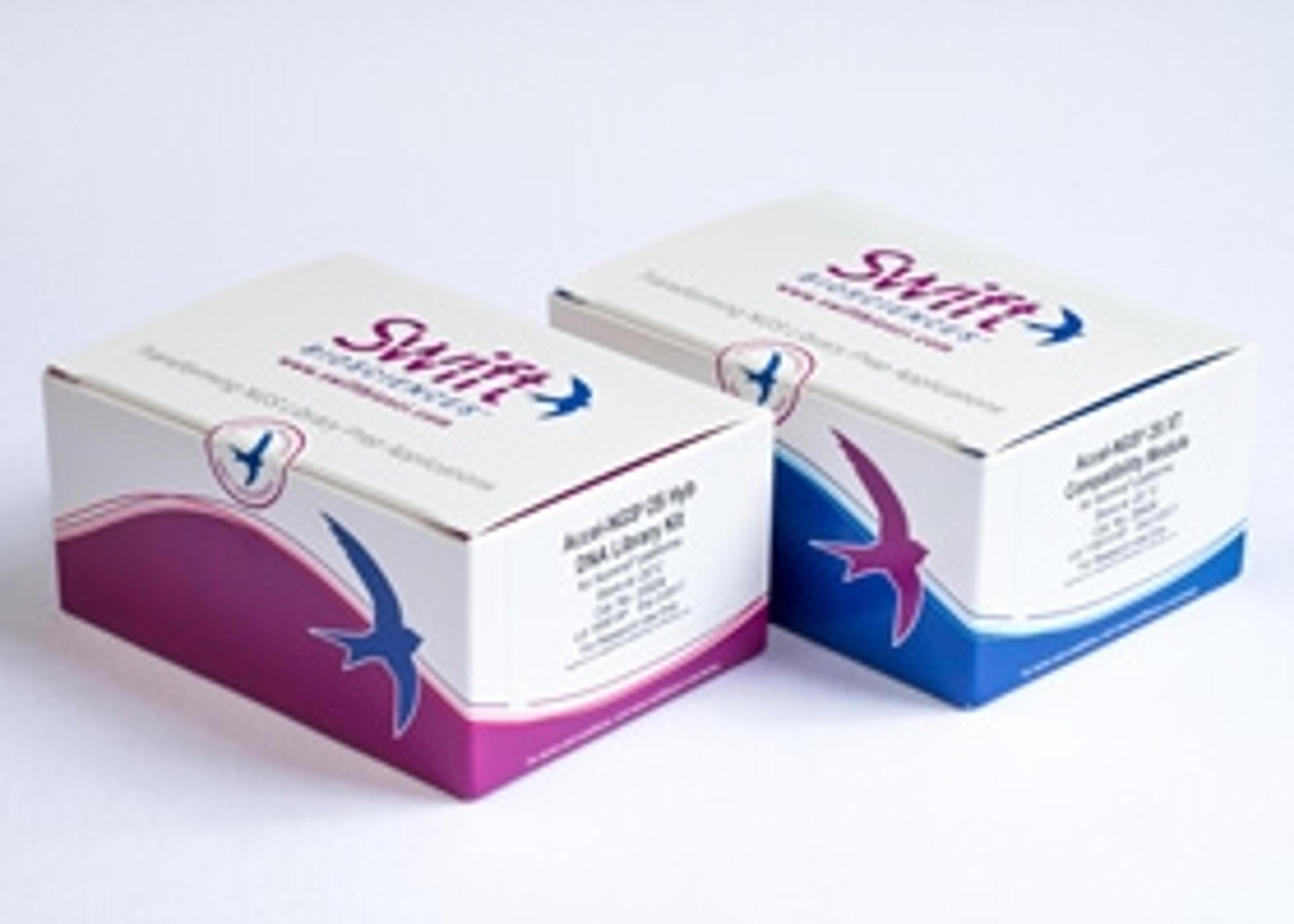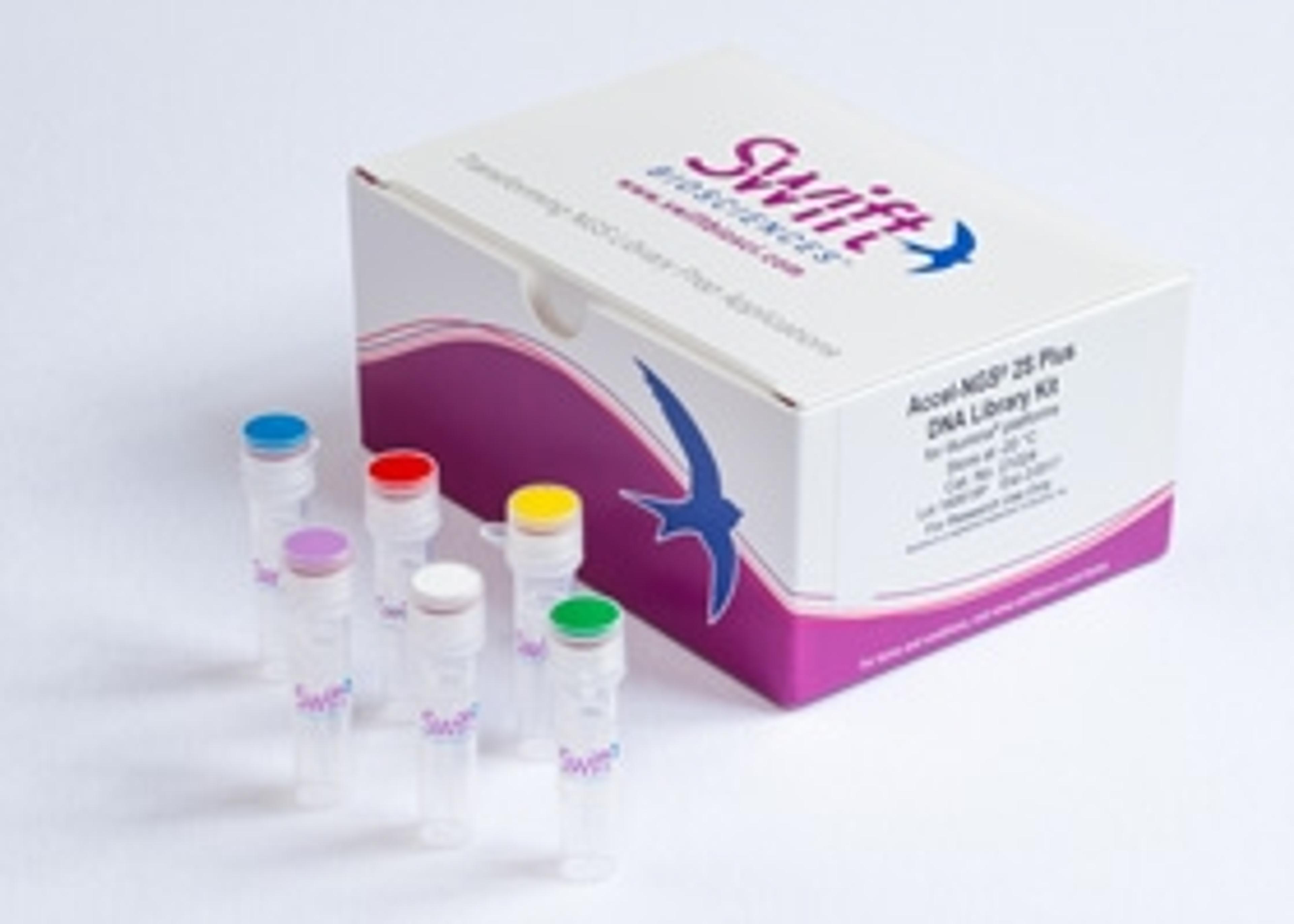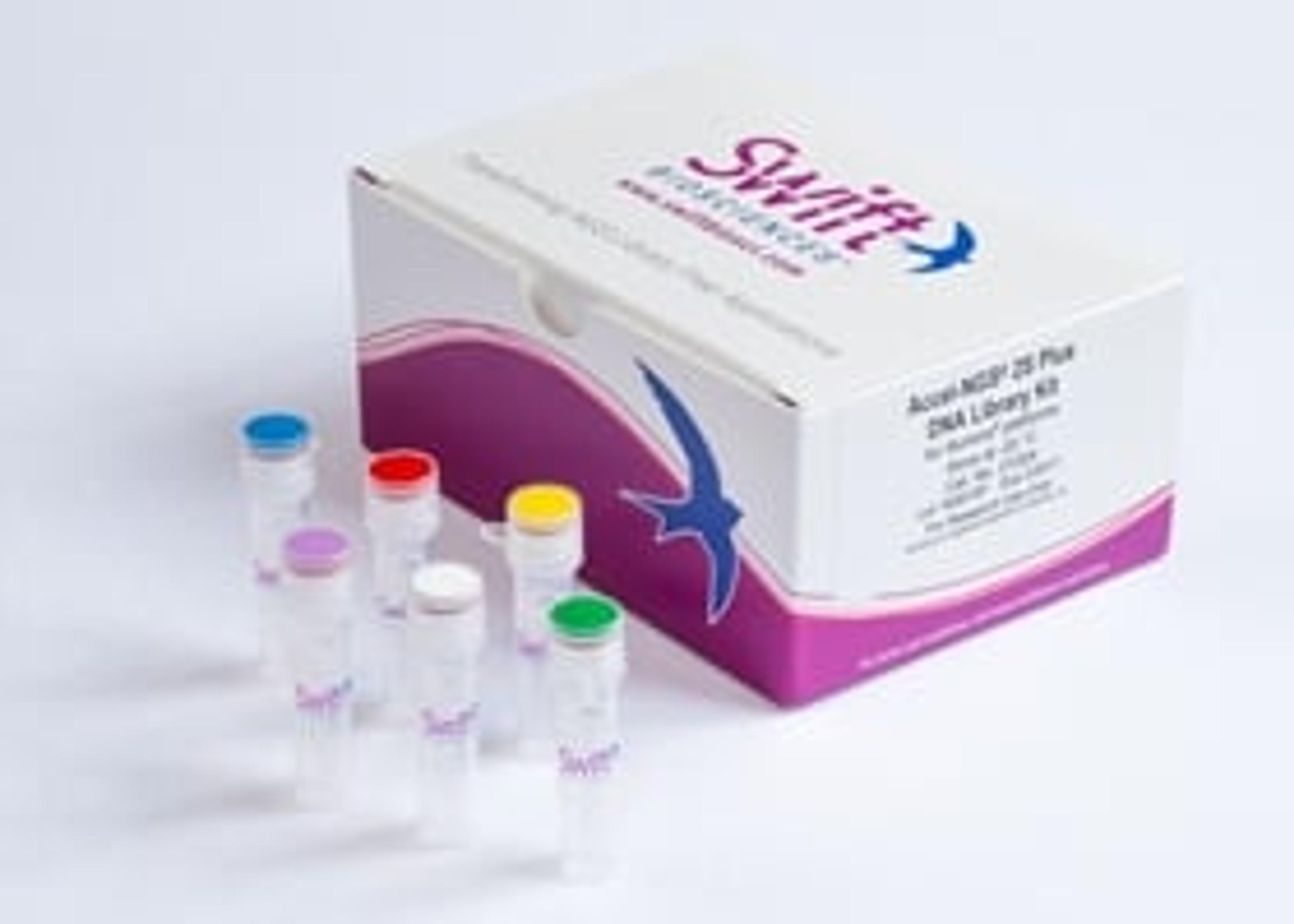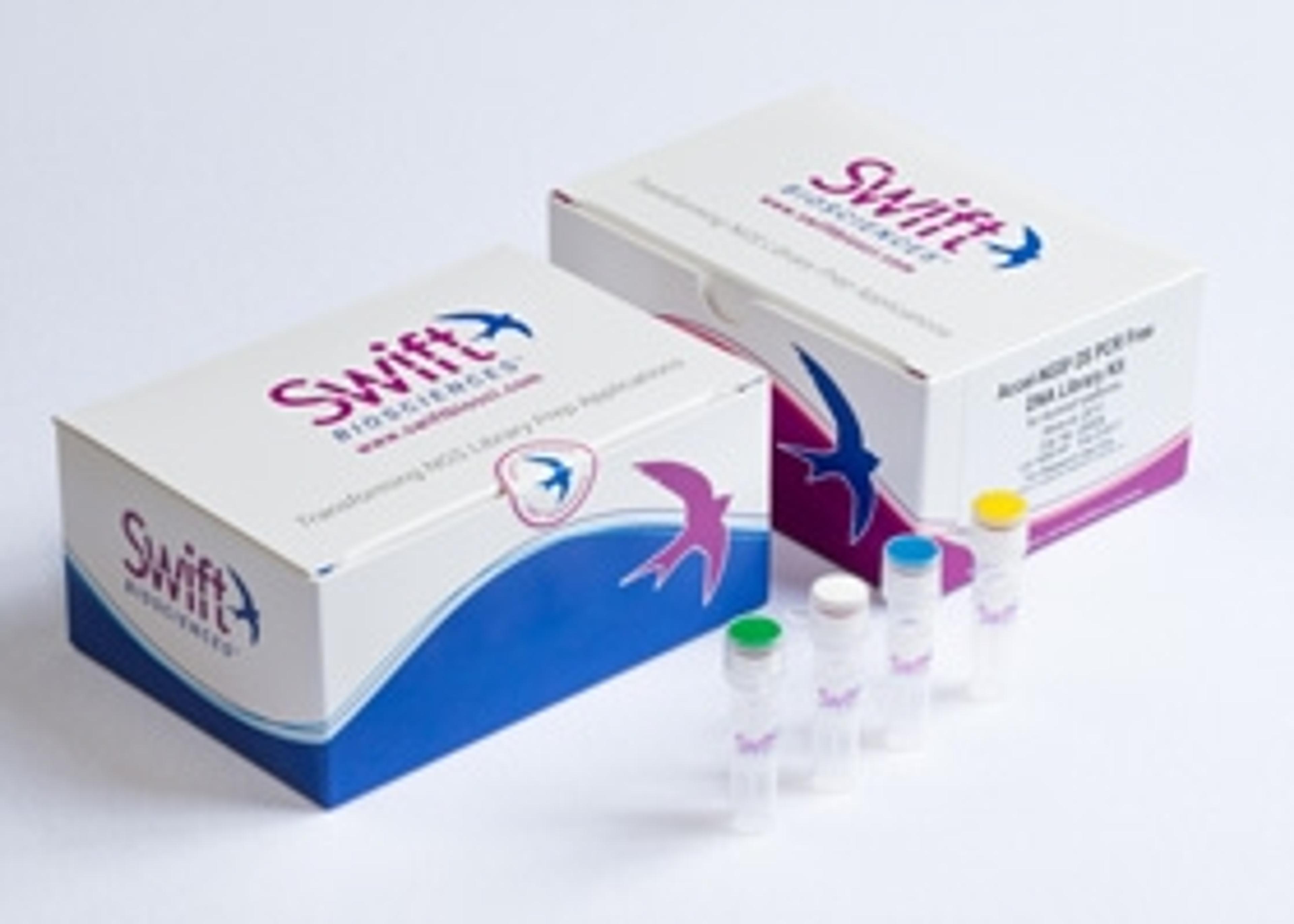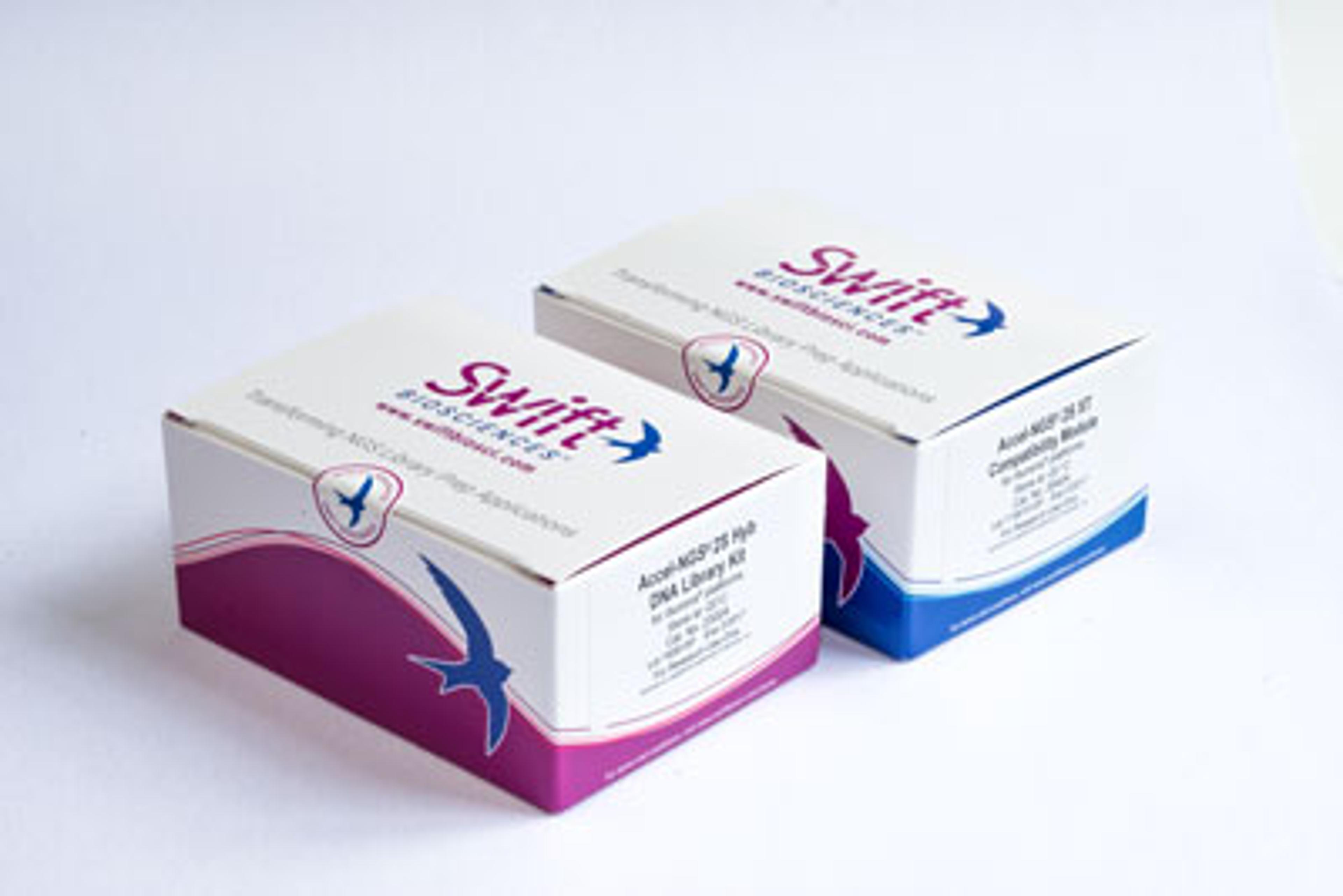Advances in Sequencing Technology Facilitate Gene Expression Analyses at the Epigenomic Level
Three leading scientists discuss their research and the benefits of ChIP-Sequencing
12 Oct 2016
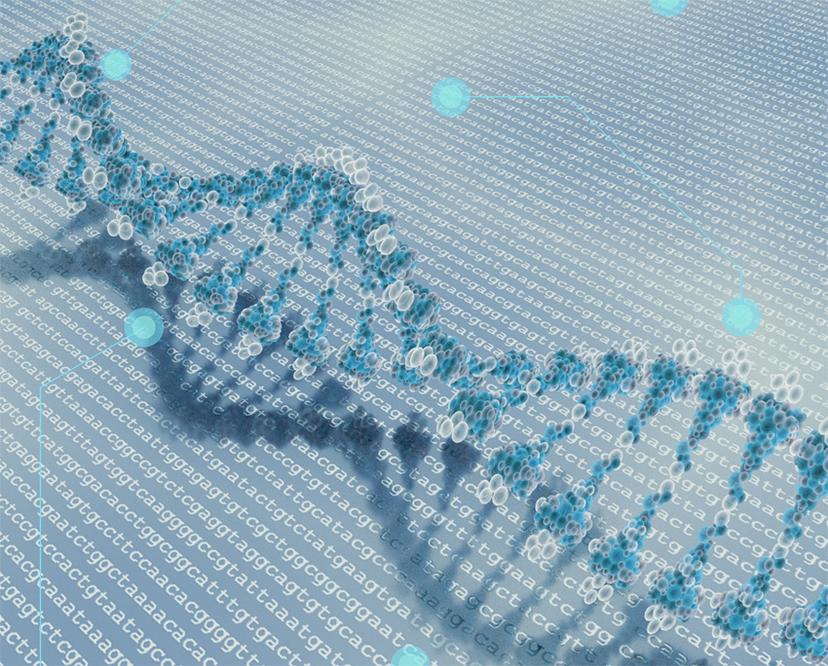
Image: DNA strand _ Mehmet Pinarci _ Flickr, CC BY-NC-SA 2.0
SelectScience® interviewed three leading epigenetics researchers about how ChIP-Seq technology is facilitating their work and what they think will be important in the future of epigenomics. Gregor Gilfillan, Ph.D from the Norwegian High Throughput Sequencing Centre at Oslo University Hospital, conducts epigenetics research and manages the Norwegian Sequencing Centre. Prof Chang Lu is the Fred W. Bull Professor of Chemical Engineering at Virginia Tech, where his lab focusses on developing microfluidics devices and protocols for epigenomic assays. Prakash Rao, Ph.D is a Senior Staff Scientist at the Dana Farber Cancer Institute, where his research aims to understand the role of epigenetic changes in cancer. Read on to discover how these epigenomics experts are exploiting ChIP-Seq technology to better understand disease and develop better treatments.
Epigenetics is a mushrooming field that probes the relationship between protein-DNA modifications that regulate gene expression and the resulting phenotypic traits. Technological advances are enabling the epigenome and its role in disease progression and treatment outcomes to be studied in far greater detail than ever before. The combination of chromatin immunoprecipitation with DNA sequencing (ChIP-Seq) is an effective method for the identification of transcription factor binding sites.
ChIP-Seq benefits and challenges
One of the most important challenges associated with ChIP-Seq is ensuring that data are robust and reproducible. Therefore, it is essential that researchers choose the best reagents for library preparation, to maximize available data and ensure that their data sets are comparable.
Another major challenge for ChIP-Seq applications is the low quantities of DNA precipitated for library preparation, which necessitate additional polymerase chain reaction cycles to increase the yield required for the sequencer, but this can incorporate inaccuracies. Dr Gilfillan and colleagues have successfully used a scaled-up ChIP reaction to compare the performance of seven low input ChIP library prep methods to a PCR-free control method.
We are hopeful that Swift library prep will allow us to ask more questions and get a more comprehensive view of the epigenetic changes associated with oncogenesis.
Dr. Prakash Rao Dana Farber Cancer Institute
Prof Lu’s team is addressing low DNA availability from liquid biopsies by developing microfluidic strategies. Epigenomes are best studied from homogenous rather than heterogenous cell populations, to minimize noise, so advances in microfluidics allow smaller DNA quantities to be more accurately sequenced. Prof Lu uses the Accel-NGS 2S Plus DNA Library Kit from Swift Biosciences to prepare ChIP-Seq libraries and states that, “We found that it out-performed other competing products in terms of working with low input samples.“ His group have used the kit to prepare samples from both cell lines and mouse models, aimed at studying epigenomic changes in cancer development and brain function. The lab recently developed a microfluidic oscillatory washing-based ChIP-Seq assay (MOWChIP-Seq) for very high collection efficiency of high quality ChIP DNA, which enabled ChIP-Seq to be performed on as few as 100 cells (doi:10.1038/nmeth.3488).
Dr Rao’s team has focused on developing highly efficient library preparation protocols, with optimization at every step of the procedure. This allows them to perform ChIP-Seq on archived clinical samples and to perform robust assays with even lower input DNA amounts than ever before. Dr Rao also uses library preparation kits from Swift Biosciences with low input protocols and states that, "We are hopeful that Swift library prep will allow us to ask more questions and get a more comprehensive view of the epigenetic changes associated with oncogenesis."
Dr Gilfillan states that he is, “confident that - for the moment - the best reagents available come from Swift Biosciences“, adding that the “Accel-NGS 2S Plus Library kit, it came out top on every metric we examined”. Dr Gilfillan further comments that a good antibody is also essential for accurate ChIP-Seq, as is performing sufficient replicates. He advises considering your experimental design carefully to ensure meaningful comparisons are made, “
Future for ChIP-Seq and epigenetics
Although Dr Gilfillan states that a good antibody is essential for accurate ChIP-Seq, he would like to see antibodies replaced by more reproducible IP reagents, such as synthetic aptamers, in the future. He also comments that single-cell ChIP-Seq is an ultimate goal in epigenetics but major advances in microfluidics will be required before this will become widely used, such as the technology being developed by Prof Lu and his team.
Prof Lu suggests that ChIP-Seq, as an essential tool for epigenomic analysis, has an important role in the development of personalized medicine. Epigenomic analyses will provide insight into disease mechanisms, therapeutic monitoring and allow patients to be stratified into categories for improved treatment decisions, based on their personal epigenome. Dr Rao also believes that there will be “a greater integration of epigenetics into drug development efforts”, which is the goal of personalized medicine. He also asserts that ChIP-Seq will enable, “greater understanding of developmental lineages at a genome level” and “an increased emphasis on the importance of regulatory mechanisms that go beyond promoter regulation.”
ChIP-Seq has grown in popularity for epigenome sequencing and as the technology and reagents become more advanced, the constraints of limited quantity and quality of sample DNA will be eliminated. With these advancements, ChIP-Seq data will form the foundation of epigenomic research and analysis and lead to improved disease diagnosis and treatments.
Do you use Swift Biosciences products for your ChIP-Seq applications?
Tell us what you think, leave a review today.

